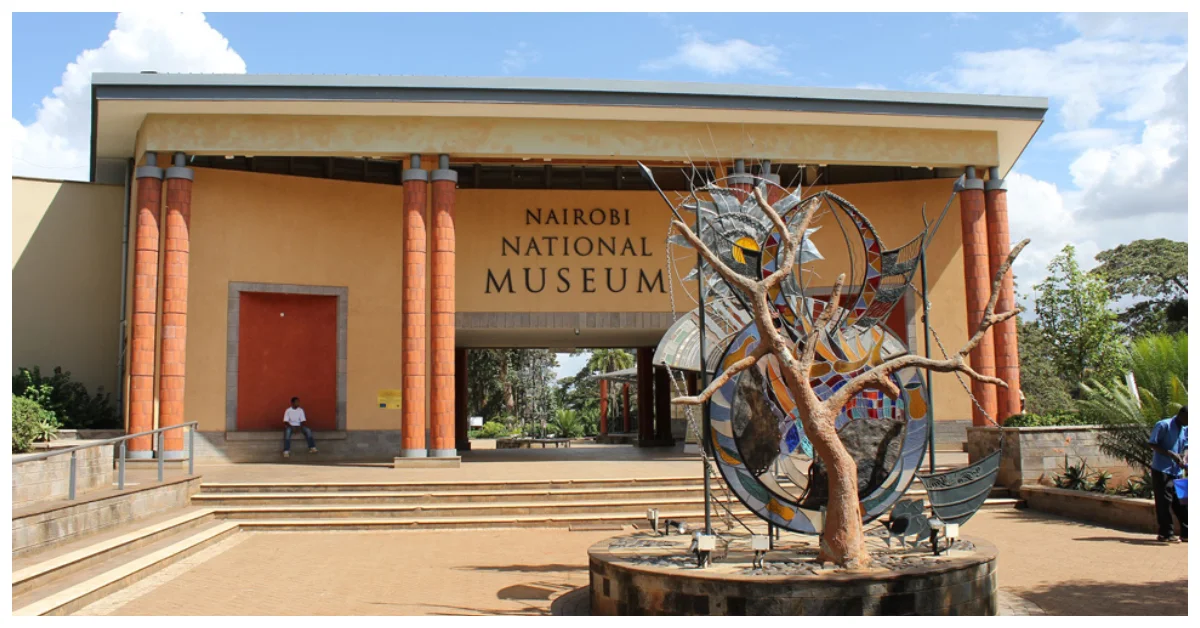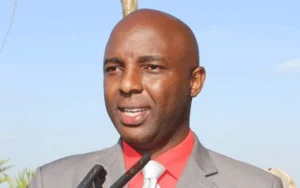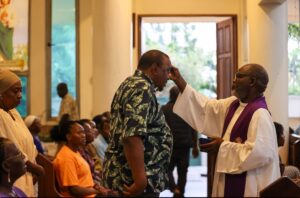The National Museums of Kenya (NMK) is preparing for a significant shift in museum entry fees, intending to double them over the next three years. The proposed changes in the National Museums and Heritage (Admission Fees) Regulations 2023 outline a gradual increase in admission fees. This includes a provision for residents from the East African region to pay fees in dollars.
NMK notes that admission fees have remained unchanged for the past decade, leading to the proposed revision. This has undergone public participation by the State corporation. The intended increase aims to strengthen internal revenue to support NMK’s efforts in heritage conservation, enhance financial sustainability, and address emerging socio-economic challenges such as inflation, increased dollar exchange rates, evolving government policies, and revenue volatility.

‘’The proposed increase aims to boost internal revenue to support NMK’s efforts in heritage conservation for prosperity. The increased revenue collection would also enhance NMK’s financial sustainability, and address emerging socio-economic issues such as inflation, increased dollar exchange rates,’’ NMK stated.
For example, to access the Nairobi National Museum, Kenyan adults will incur a fee of Ksh400 in the third year of the new fee structure, up from the current Ksh200. NMK plans to initiate the fee increase with a 50 percent rise in the first year to Ksh300, followed by an additional 25 percent to Ksh350 in the second year according to the Business Daily.
Read Also: KRA Seeks Airbnb Data for Tax Evasion Investigation
During the three-year implementation cycle, East African residents (adults) will pay US dollars 10 (Ksh1,516) to access the facility, a significant increase from the current Ksh600. Foreigners from outside the region will face a fee of US dollars 20 (Ksh3,033), a considerable hike from the existing Ksh1,200, to access the same museum.
NMK is also set to introduce admission fees for renovated facilities, such as Tambach, qualifying them for fees. Existing fees, last reviewed in the 2012/13 financial year, are considered outdated according to the provisions of the 2013 Statutory Instruments Act.
In justifying the proposed fees, NMK points out that exchequer funding has been insufficient to cover the operational costs of facilities, necessitating the need to raise admission fees. As a service industry, NMK heavily relies on the national government through the National Treasury for funding.
Subscribe to our YouTube channel Switch TV
With the national government covering personnel emoluments/salaries, NMK must fund its operational costs from internally generated revenue. The government’s advocacy for state corporations to strive towards self-sustainability further reinforces the imperative for NMK to revise admission fees.
















